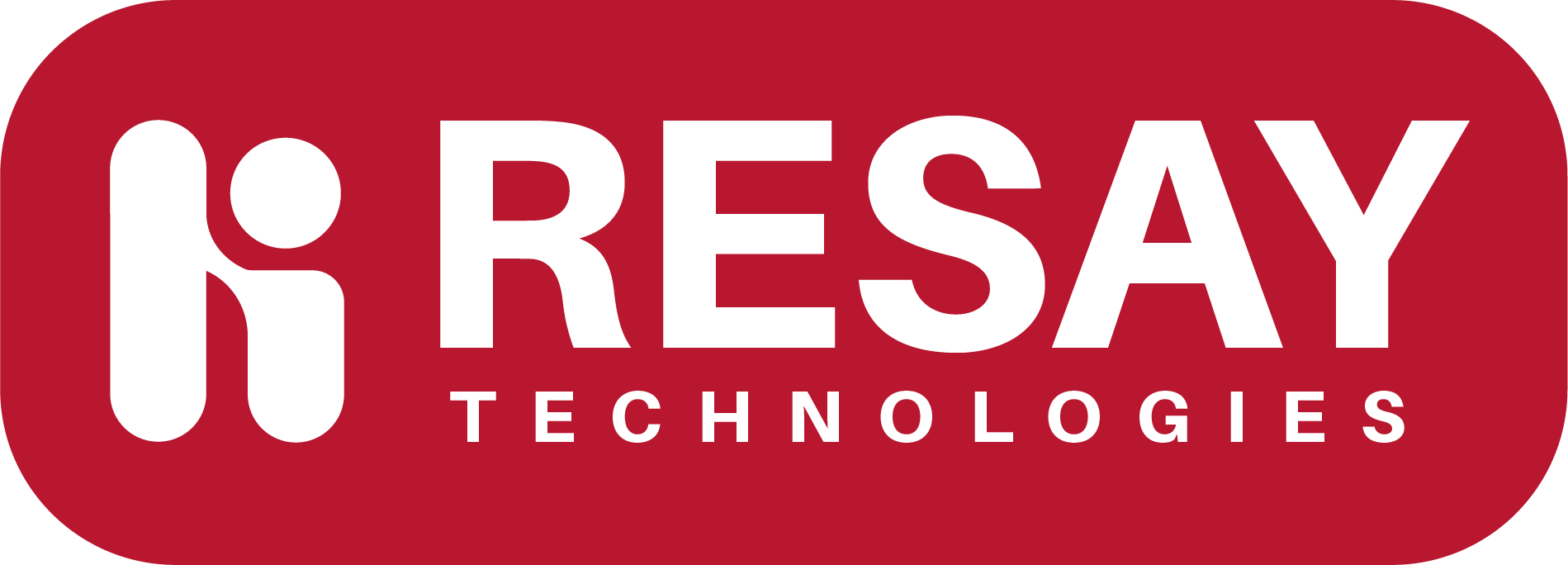Posted by:
Category:
Comments:
Post Date:
The Ultimate Guide to EPOS Systems: Transforming Retail and Hospitality Sectors

In today’s fast-paced and technologically advanced business environment, Electronic Point of Sale (EPOS) systems have become an indispensable tool for retailers and hospitality businesses. These sophisticated systems streamline operations, enhance customer service, and provide valuable insights into business performance. In this comprehensive guide, we will explore what EPOS systems are, their key features, and how they can benefit your business. Whether you run a retail store, a restaurant, or any other service-oriented business, understanding EPOS systems can help you make informed decisions and stay competitive.
What is an EPOS System?
An EPOS system is an integrated solution that combines hardware and software to manage sales transactions, inventory, customer data, and other critical business operations. Unlike traditional cash registers, EPOS systems offer advanced functionalities such as real-time data processing, inventory management, and detailed reporting. These systems are designed to enhance efficiency, accuracy, and customer satisfaction, making them a vital asset for modern businesses.
Key Features of EPOS Systems
- Sales Management: EPOS systems streamline the sales process by enabling quick and accurate transaction processing. They support various payment methods, including cash, credit/debit cards, mobile payments, and contactless payments. This flexibility ensures a smooth checkout experience for customers.
- Inventory Management: One of the standout features of EPOS systems is their ability to manage inventory effectively. Businesses can track stock levels in real-time, set reorder alerts, and manage suppliers. This helps prevent stockouts and overstock situations, ensuring optimal inventory levels at all times.
- Customer Relationship Management (CRM): EPOS systems often come with built-in CRM functionalities that allow businesses to collect and manage customer data. This includes purchase history, preferences, and contact information. By leveraging this data, businesses can personalize marketing efforts, enhance customer loyalty, and drive repeat sales.
- Reporting and Analytics: EPOS systems provide detailed reports and analytics on various aspects of the business, such as sales performance, inventory levels, and customer behavior. These insights enable business owners to make data-driven decisions, identify trends, and optimize operations for improved profitability.
- Employee Management: Managing staff is made easier with EPOS systems, which can track employee hours, sales performance, and productivity. This helps in scheduling, payroll processing, and identifying top performers.
- Integration Capabilities: Modern EPOS systems can integrate with other business software, such as accounting, e-commerce, and marketing platforms. This seamless integration ensures data consistency across systems and improves overall operational efficiency.
Benefits of Using an EPOS System
- Increased Efficiency: By automating routine tasks such as sales processing, inventory management, and reporting, EPOS systems free up valuable time for staff to focus on customer service and other critical activities.
- Enhanced Accuracy: EPOS systems minimize human errors associated with manual data entry and calculations. This ensures accurate transaction records, inventory counts, and financial reports.
- Improved Customer Experience: With faster checkout processes, personalized service, and multiple payment options, EPOS systems enhance the overall customer experience. Satisfied customers are more likely to return and recommend your business to others.
- Better Inventory Control: Real-time inventory tracking and automated reorder alerts help businesses maintain optimal stock levels, reduce waste, and avoid lost sales due to stockouts.
- Actionable Insights: Detailed reporting and analytics provide valuable insights into business performance, customer behavior, and market trends. This information is crucial for making informed decisions and staying ahead of the competition.
- Scalability: EPOS systems are scalable, allowing businesses to add new features, products, or locations as they grow. This ensures that the system can adapt to changing business needs without requiring a complete overhaul.
Choosing the Right EPOS System
When selecting an EPOS system, consider the following factors:
- Business Needs: Assess your specific business requirements, such as the number of locations, types of products or services, and desired features. Choose a system that meets these needs and can grow with your business.
- Ease of Use: Opt for a user-friendly system that requires minimal training for your staff. This ensures quick adoption and reduces the risk of errors.
- Customer Support: Reliable customer support is essential for resolving any issues that may arise. Ensure that the provider offers timely and effective support services.
- Cost: Consider the total cost of ownership, including initial setup, hardware, software, and ongoing maintenance fees. Compare different providers to find a solution that fits your budget.
- Integration: Ensure that the EPOS system can integrate with your existing software and tools, such as accounting systems, e-commerce platforms, and marketing tools.
Conclusion
EPOS systems are revolutionizing the retail and hospitality sectors by providing advanced functionalities that streamline operations, enhance customer service, and offer valuable business insights. By investing in the right EPOS system, businesses can improve efficiency, accuracy, and customer satisfaction, ultimately driving growth and profitability. Whether you run a small boutique or a large restaurant chain, understanding and leveraging the power of EPOS systems can help you stay competitive in today’s dynamic business landscape.
